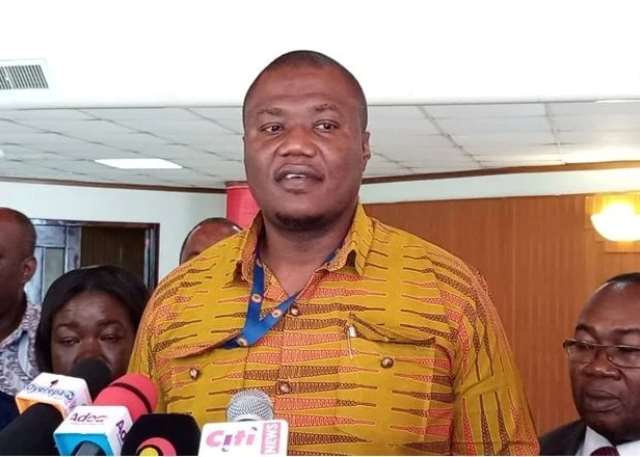The Minority Caucus in Parliament is urging government to reconsider its financing model for the newly established Ghana Medical Trust Fund, popularly known as the “Mahama Cares” initiative.
The Caucus has warned that the current plan to allocate 20 percent of the National Health Insurance Fund (NHIF) to the Trust Fund could destabilize the National Health Insurance Scheme (NHIS), as it would pit the two critical healthcare entities against each other for limited financial resources.
Addressing journalists in Accra on Wednesday, Ranking Member on the Health Committee, Dr. Nana Ayew Afriye, described the proposed funding arrangement as unsustainable and counterproductive. He recommended the redirection of the COVID-19 levy to finance the Trust Fund instead.
“The decision to divert 20 per cent from the NHIF to the Trust Fund will weaken the NHIS,” Dr. Afriye cautioned. “It makes more sense to sustain the Trust Fund through a dedicated source like the COVID-19 levy.”
Dr. Afriye, who also serves as Member of Parliament for Effiduase/Asokore, pointed out the irony in the government’s stance, recalling how the National Democratic Congress (NDC) had vowed to abolish the COVID-19 levy prior to the 2024 general elections. He said the NDC’s current willingness to channel that same levy into the Mahama Cares programme suggests a recognition of its usefulness.
“The NDC owes Ghanaians an apology,” he stated. “After promising to scrap the levy, they now see its value. If so, then it should be re-purposed to fund the Ghana Medical Trust Fund rather than compromising the NHIS.”
The lawmaker also raised concerns about the lack of clarity between the mandates of the National Health Insurance Authority (NHIA) and the new Trust Fund, arguing that the functions appear to overlap.
“The Ghana Medical Trust Fund seems to be an outsourced function of the NHIA,” he said. “If that’s the case, the government must clearly define the roles so citizens know where to turn for medical support.”
Dr. Afriye further suggested that government fast-track the completion of some Agenda 111 hospital projects and designate them as specialist centres to treat non-communicable diseases such as cancer, diabetes, asthma, stroke, and kidney disease.
In sum, the Minority Caucus is calling for a more coherent, transparent, and sustainable funding structure for the Trust Fund—one that strengthens, rather than competes with, existing healthcare infrastructure.


